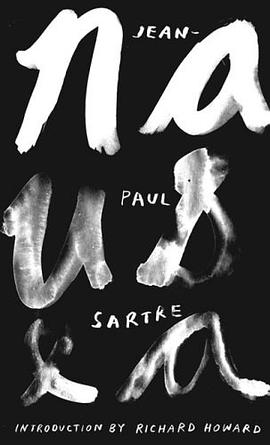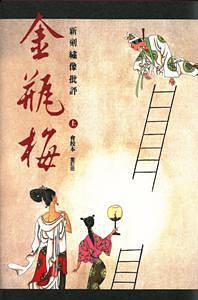Nausea
内容简介
The classic Existentialist novel, with a newintroduction by renowned poet, translator, and critic Richard Howard.
Winner of the 1964 Nobel Prize for Literature, Jean-Paul Sartre, French philosopher, critic, novelist, and dramatist, holds a position of singular eminence in the world of letters. Among readers and critics familiar with the whole of Sartre's work, it is generally recognized that his earliest novel, La Nausée (first published in 1938), is his finest and most significant. It is unquestionably a key novel of the twentieth century and a landmark in Existentialist fiction.
Nausea is the story of Antoine Roquentin, a French writer who is horrified at his own existence. In impressionistic, diary form he ruthlessly catalogues his every feeling and sensation. His thoughts culminate in a pervasive, overpowering feeling of nausea which "spreads at the bottom of the viscous puddle, at the bottom of our time—the time of purple suspenders and broken chair seats; it is made of wide, soft instants, spreading at the edge, like an oil stain." Roquentin's efforts to come to terms with life, his philosophical and psychological struggles, give Sartre the opportunity to dramatize the tenets of his Existentialist creed.
......(更多)
作者简介
让-保罗・萨特是20世纪法国最伟大的思想家之一,存在主义的鼻祖。1905年出生于法国巴黎一个海军军官的家庭,1924年,以优异成绩考人巴黎高等师范学院,专攻哲学。二战结束后不久,萨特和梅洛・庞蒂、阿隆、波伏娃创办了《现代》杂志,这份杂志成为存在主义的重要论坛。从此,萨特辞去教职,成为一位职业作家,活跃在法国和世界政治、文化舞台上,直到1980年逝世。
......(更多)
目录
......(更多)
读书文摘
......(更多)






